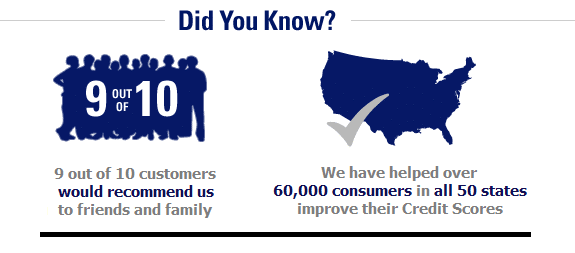6 Secrets About Joint Credit
There’s a lot more to joint credit accounts than one might first consider. Slight differences in types of joint accounts can significantly impact your credit scores and debt liability. Before you add an authorized user to your account or cosign on a loan for a friend or relative, make sure that you read the information below.
1. There are 2 different types of joint credit accounts
Joint Credit Account:
As a joint account holder you incur an inquiry upon applying for the account, you are 100% liable/responsible for the debt, and the account reports to your credit file.
Authorized User Account:
As an authorized user, you do not incur any inquiries when added to the account, you are not responsible for any of the debt but, the entire payment history and account info reports to your credit file.
2. Joint Accounts, Individual Credit
Although you may have joint accounts with your spouse or family member you still have an individual credit report. Joining accounts does not joint credit files, your credit history, debt liability, and credit scores are still uniquely yours and yours alone.
3. Divorce decrees cannot reappropriate debt from credit reports.
Courts can reassign responsibility for debt such as personal loans, credit cards, auto loans, mortgages, etc… Entering a judgment that one spouse to take 100% responsibility for the debt but, they cannot force the credit bureaus to reassign the responsibility from the credit reports and remove the account from a credit report.
4. Co-Signer has 100% Responsibility.
Although there may be 2 signers on a debt you may think that each is liable for 50% of the responsibility. The reality is that both the primary signer and the cosigner are each liable for 100% of the debt. If the primary signer falls behind, the lender can go after the cosigner via collection agency and even file suit for 100% of the debt.
5. Household Income is a thing of the past
Remember when you filled out an application for credit 10-20 years ago, it would ask you for your household income. That way an unemployed housewife could qualify for a credit card based on her spouses income. Well, the Federal Reserve changed that. As of right now, lenders can no longer use household income to determine a consumer’s ability to repay a loan. Individual income has replaced household income, this leaves stay at home /unemployed spouses with limited options for getting a loan.
6. Joint Credit, Joint Reward, Joint Punishment
Joint credit means that you can benefit from the positive payment history that populates your credit report and increases your scores when the account is being paid on time. You can also be punished for a derogatory payment history that lowers your credit scores and destroys any chances of you being able to qualify for a mortgage, auto loan, credit card, etc… all because you cosigned for someone who missed some payments on their loan.
Be careful who you cosign for and make sure that you have the means of taking over the payments on the loan if the primary signer cannot.












